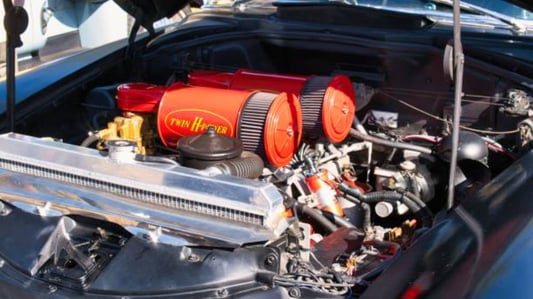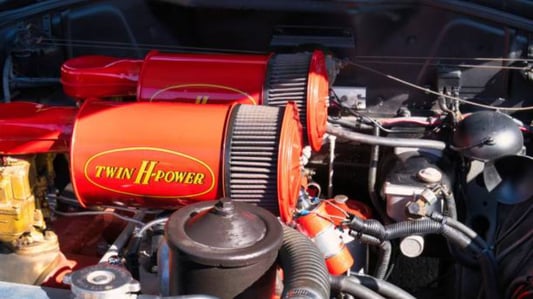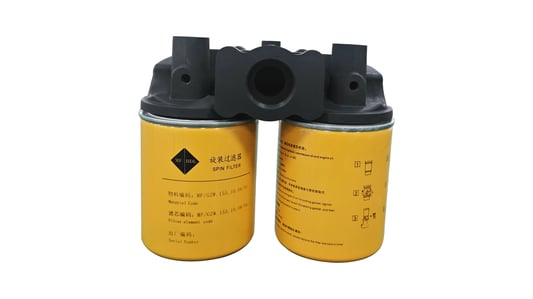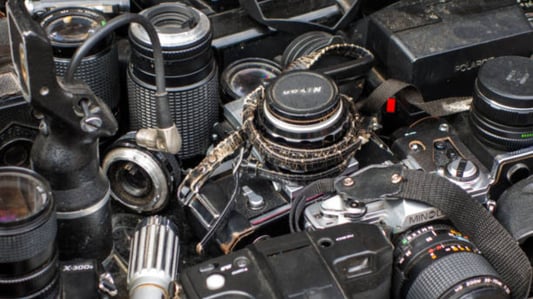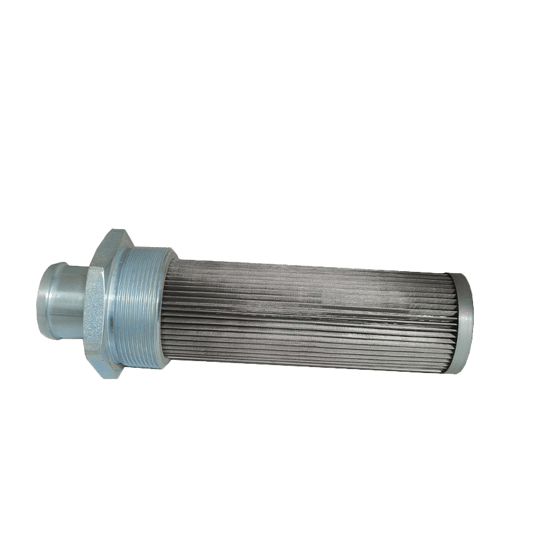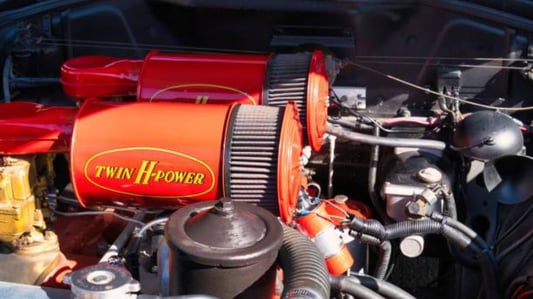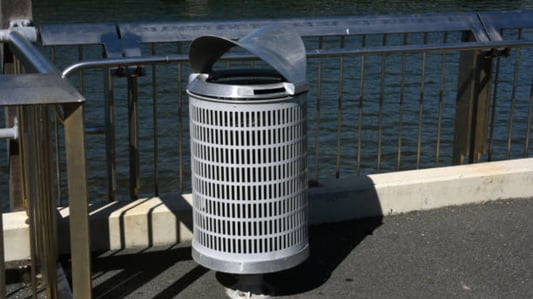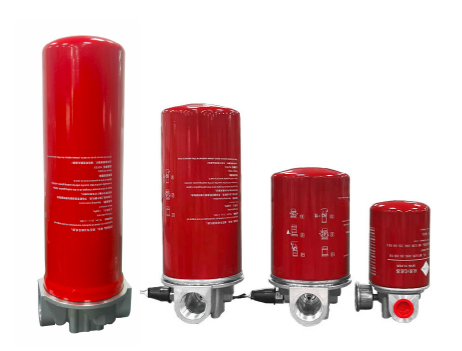air filters for house: Why You Need ThemIf you are looking for a way to enhance your indoor air quality, then you should start by investing in air filters for your house. Air filters are an essential tool for removing pollutants such as pet dander, pollen, and dust from the air, and with the right filter, you can enjoy clean and healthy air every day. 1. Air Filters Improve Indoor Air QualityAir filters are designed to trap harmful particles as they move through your HVAC system. They are particularly useful in homes with pets or smokers, where pollutants can accumulate quickly. By using air filters for your house, you can remove allergens, bacteria, and viruses from the air, which can improve your overall health and reduce allergy symptoms. 2. Air Filters Reduce HVAC Maintenance CostsWhen your HVAC system is clogged with debris, it has to work harder to maintain your desired temperature, which can lead to higher energy bills and costly repairs. Air filters for your house can prevent this from happening by capturing pollutants before they reach your HVAC system, which can extend the lifespan of your system and save you money over time. 3. Air Filters Protect Your HVAC SystemAir filters are a crucial part of protecting your HVAC system from damage. Pollutants such as dirt, dust, and pet hair can get trapped in your system, which can cause blockages and reduce its efficiency. By using air filters for your house, you can keep your HVAC system free of harmful debris and ensure that it operates smoothly for years to come. 4. Air Filters Promote Energy EfficiencyMaintaining energy efficiency in your home is vital, and air filters play a significant role in achieving this goal. When your HVAC system isn't compromised by dirty filters, it uses less energy to cool or heat your home, resulting in lower power bills and a reduced carbon footprint. 5. Air Filters Can Reduce Noise PollutionIf you live in a noisy area, air filters for your house can be beneficial in enhancing your acoustic atmosphere. An air filter that operates seamlessly and efficiently can diminish the amount of noise generated by your HVAC system, creating a more peaceful and tranquil environment in your house. 6. Air Filters Enhance Your Comfort and HealthUsing air filters for your house can improve the quality of your indoor air, ensuring that you and your family breathe in healthy and clean air. This can help promote a healthier lifestyle, reduce allergy symptoms, and increase comfort levels, making your living spaces more enjoyable and livable. 7. Air Filters Can Remove Unpleasant OdorsOdors from cooking, pets, and other household sources can linger in your indoor air and make your house less hospitable. Air filters for your house can help alleviate this problem by absorbing unpleasant odors and leaving your home smelling fresh and clean. 8. Air Filters Are Easy to MaintainMaintaining air filters for your house is relatively easy and straightforward. Most air filters only require intermittent replacement or cleaning, and it's essential to keep track of any maintenance requirements and schedule accordingly to ensure optimal performance. 9. Air Filters Reduce the Risk of Mold GrowthMold is a common problem in damp, humid areas, and can cause a variety of health issues, including respiratory problems and allergic reactions. Air filters for your house can reduce the risk of mold growth by preventing moisture accumulation in your HVAC system, which can curb mold growth in your indoor air. 10. Air Filters Can Increase Your Home's ValueIf you're planning to sell your home in the near future, using air filters for your house can be a significant selling point. Homebuyers are increasingly looking for homes with high indoor air quality, and having an efficient and functional air filtration system in your home can increase its overall value and attract potential buyers. air filters for house, air quality, HVAC system, energy efficiency, indoor air, allergens, pollutant, health, maintenance, mold growth, home valueThe Benefits of Using Air Filters for Your HouseDiscover why air filters for your house are important and how they can improve your indoor air quality, HVAC system, energy efficiency and overall health while increasing your home's value.Quote InquiryContact us!


